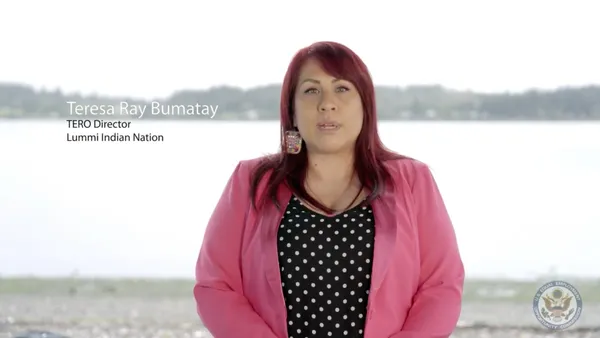Dive Brief:
- The most effective way to advance diversity, equity and inclusion (DEI) is by making the practice a business function — not HR programming, a Feb. 16 report by Josh Bersin analysts found. HR programs can add value when the business "has the right focus," the report found. About 76% of companies have no diversity or inclusion goals, yet DEI programs that are business-driven provide one of the most effective means to improve upward mobility in the economy, according to the report.
- Conducted in the fall of 2020 in partnership with Perceptyx, the report is based on the survey responses of 800 HR professionals working in various company sizes and industries worldwide. Analysts reviewed more than 80 practices such as leadership activities, talent strategies, DEI and HR structures, culture and communication, according to the report. Fewer than 12% of companies recognize senior leaders for inclusion or diversity goals. Less than a third (32%) of companies require any form of DEI training for workers and 34% offer managers such training. DEI is treated as more of a compliance issue as 75% of companies surveyed do not include DEI in leadership development or overall learning and development. "Roughly 80% of companies are just going through the motions and not holding themselves accountable," according to the report.
- The high-performing companies in the survey have defined the business through DEI for many years and "live by the culture and not just the metrics," according to the report. Analysts found the highest performing companies include Accenture, ADP, AstraZeneca, IBM, Johnson & Johnson and Target. An essential strategy is to listen, hear and act, as companies that do so are 12 times more likely to engage and retain employees; 8.4 times more likely to inspire a sense of belonging; and 8.5 times more likely to satisfy and retain customers, the report found. Other essential strategies include strengthening HR capabilities in all roles; engaging senior leadership commitment; setting goals and measurements; and creating accountability for results, according to the report.
Dive Insight:
Although DEI in the workplace may be valued by leaders, research has shown that many perceive the organization's culture as inclusive when it's not. DEI is not a top strategic priority for many leaders due to a misconception of a favorable, inclusive company culture, according to a 2020 Accenture global survey of more than 30,000 professionals in 28 countries.
"Diversity, equity and inclusion is a hotly discussed topic and clearly essential to business success," Josh Bersin, global industry analyst said in a statement. "However there are no clear guidelines on how to effect lasting, meaningful change." The domain is "highly complex and many companies turn to legacy tactics" that may "backfire and even contribute to more division than unity," Bersin said. "It's time for CEOs and CHROs to define their businesses in diverse, fair and inclusive ways."
The Josh Bersin report suggested that the challenges at Coca-Cola Co. provide a cautionary lesson in what happens when HR works in isolation rather than company leadership making inclusion and diversity a holistic business imperative — "the practices have little or no long-lasting impact."
"[Coca-Cola] spent years addressing the issues of racial disparities in leadership and pay (driven by a class action lawsuit for almost $200 million in 2000) and made major progress pushing diversity," according to the report. "But despite the commitment from the CEO, the company's culture did not change, and today Coca Cola is revisiting its entire 20-year effort to focus on inclusion and behavior change."
An analysis by advocacy organization Good Jobs First in 2019 found that Coca-Cola is second among employers in having paid the most to resolve discrimination claims since 2000. By 2010, the company made progress in its diversity and inclusion efforts, as "Black employees held 15% of executive roles in the U.S., up from 1.5% in 1998, shortly before the lawsuit was filed," according to a December report by The Wall Street Journal. But in 20 years since the discrimination claims, the share of Black executives is at 8%, and among the company's salaried staff in the U.S. the representation of Black employees is at 15%, "or five percentage points lower than where it stood in 2000," the Journal reported.















